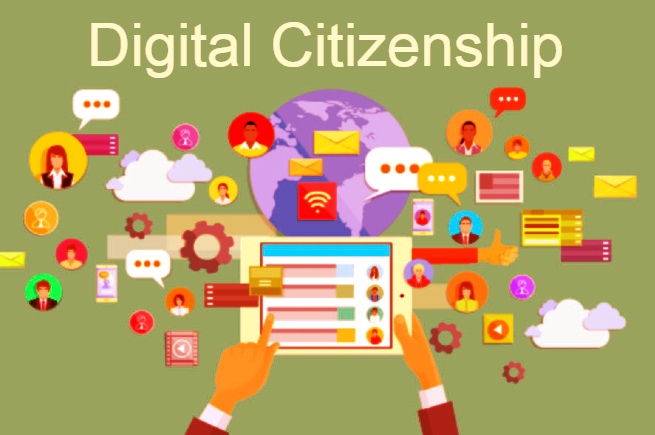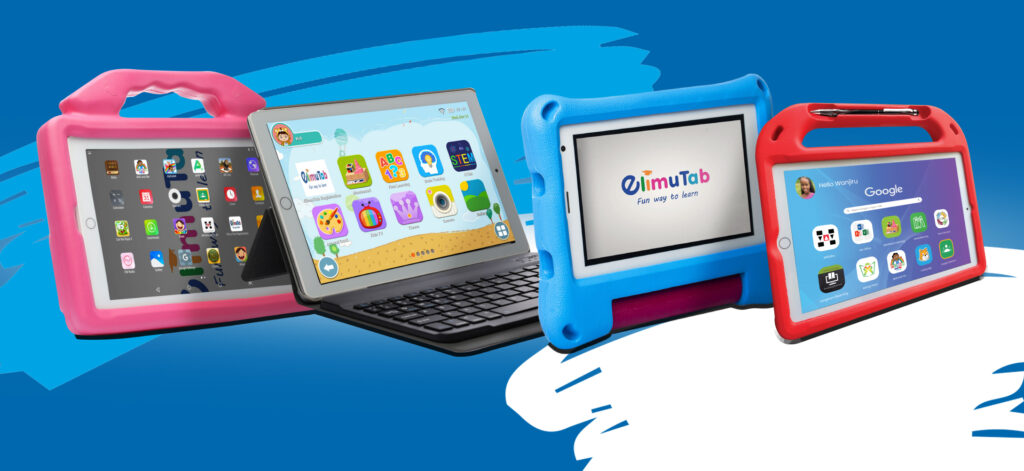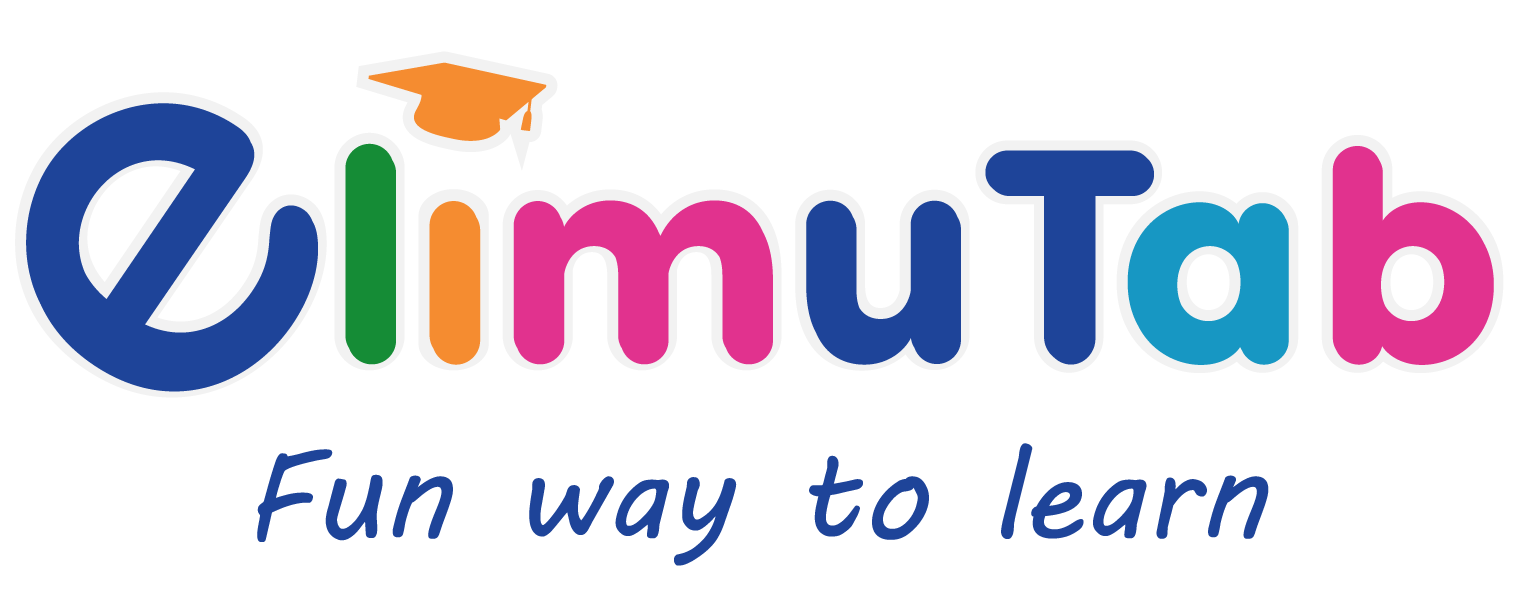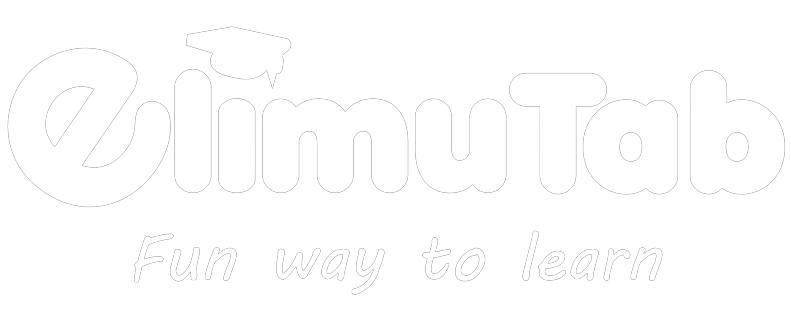In today’s digital age, teaching students about digital citizenship is crucial. As the online world becomes an integral part of our lives, it is essential for schools like CBC Cambridge Montessori to equip students with the necessary skills and knowledge to navigate the internet responsibly and ethically. We will explore 20 effective ways to teach digital citizenship and empower students to make informed choices online.
- Introduce the Concept: Begin by explaining the importance of digital citizenship and how it relates to online behavior, privacy, and security.

- Teach Online Etiquette: Emphasize the significance of being respectful and polite when interacting with others online, including classmates, teachers, and strangers.
- Promote Responsible Sharing: Encourage students to think before they share personal information and to be mindful of the potential consequences of oversharing.
- Teach Online Privacy: Educate students about the importance of protecting their personal information, such as passwords and addresses, and the risks of identity theft.
- Discuss Cyberbullying: Raise awareness about the negative impacts of cyberbullying and help students develop strategies to prevent and address it.
- Emphasize Digital Footprint: Teach students that their online activities leave a digital footprint, which can affect their future opportunities and careers.

- Encourage Critical Thinking: Guide students to evaluate the reliability and credibility of online sources, helping them develop the ability to distinguish between accurate and misleading information.
- Address Cybersecurity: Teach students about common online threats, such as phishing and malware, and how to protect themselves from these risks.
- Foster Empathy and Kindness: Promote empathy and kindness in online interactions, encouraging students to support and uplift their peers.
- Teach Media Literacy: Equip students with the skills to analyze and evaluate media messages, helping them recognize bias and misinformation.
- Discuss Copyright and Fair Use: Educate students about copyright laws and the importance of respecting intellectual property rights when using online content.
- Encourage Online Reputation Management: Guide students on how to build a positive online reputation by showcasing their talents, achievements, and values.
- Teach Online Research Skills: Help students develop effective research skills, including using appropriate keywords, evaluating sources, and citing references.
- Promote Balanced Screen Time: Encourage students to maintain a healthy balance between online and offline activities, emphasizing the importance of physical exercise and face-to-face interactions.
- Address Digital Addiction: Discuss the signs of digital addiction and teach students strategies to maintain a healthy relationship with technology.
- Engage Parents and Guardians: Involve parents and guardians in the conversation by organizing workshops or sharing resources to support digital citizenship at home.
- Collaborate with Other Schools: Establish partnerships with other schools to share best practices and collaborate on digital citizenship initiatives.
- Use Interactive Activities: Incorporate interactive activities, such as online quizzes or scenario-based discussions, to engage students and reinforce digital citizenship concepts.
- Involve Community Experts: Invite experts, such as cybersecurity professionals or legal advisors, to speak to students about the importance of digital citizenship and online safety.
- Recommend Tools and Resources: Finally, recommend reliable tools and resources like Elimutab, which provide comprehensive digital citizenship curriculum and resources to support
-
 Check our other blog The Power of Online Learning: Accessible Education Anytime, Anywhere
Check our other blog The Power of Online Learning: Accessible Education Anytime, Anywhere
Digital citizenship is an essential skill set that every student needs to thrive in the online world. By implementing these 20 effective ways to teach digital citizenship, CBC Cambridge Montessori can ensure that students are equipped with the knowledge and skills to navigate the digital landscape responsibly and ethically. Remember, the internet can be a powerful tool for learning and growth when used wisely, and together we can empower students to make informed choices and contribute positively to the online community.
CLICK HERE for more information on Elimutab
Contact Info
- +254111040930 / +254111040910
- info@elimutab.co.ke
Check out our socials:
Facebook
Tiktok
Twitter
Instagram
Linkedin
Youtube



